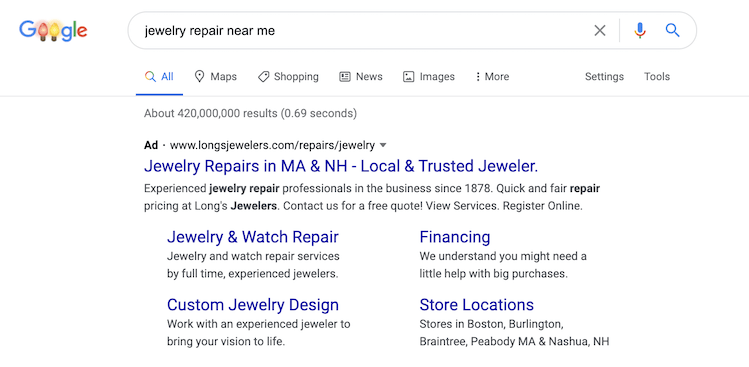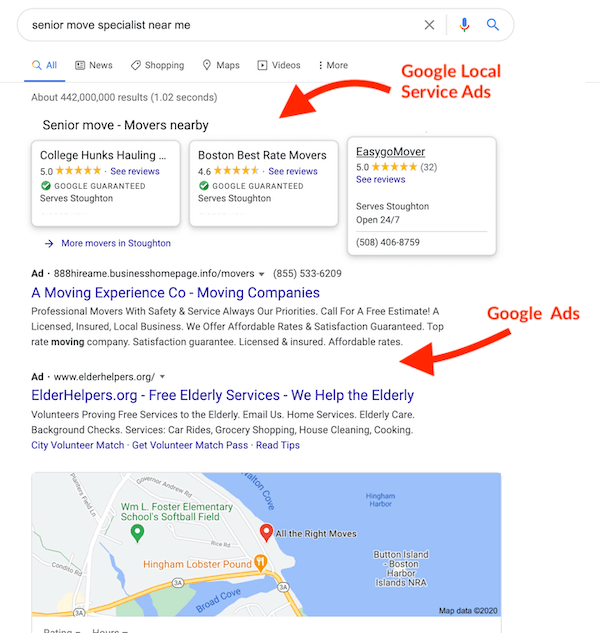UNITY Trust Bank, which supports organisations to deliver positive social impact, has been named by The Sunday Times in its annual Best Places to Work Awards.
The prestigious list recognises and celebrates the UK’s best employers, based on feedback from employees and an independent assessment of six key areas, including workplace culture, leadership, employee engagement and wellbeing.
An impressive 91% of employees said that they were proud to work for Unity Trust Bank, and 90% felt that their work was worthwhile. When looking at measurements for workplace happiness, Unity’s highest ranking was for ‘Instilling Pride’ (89%), with an average happiness score of 85%.
Commenting on the award, Julia Tarpey, Director of Human Resources, said:
“Being named in the Best Places to Work is a fantastic achievement, and recognition of the inclusive, diverse and collaborative culture we foster at Unity Trust Bank, which our people are proud to be part of.
“Our colleagues share Unity’s vision of creating a better society by contributing to economic, community and social change, and are fundamental in supporting customers so that they can make a positive impact. We are dedicated to living these values by supporting the growth of every individual, enabling them to prosper both personally and professionally.
“From designing our new head-office space with a focus on promoting wellbeing, to funding industry qualifications that allow employees to pursue their career ambitions, and empowering individuals to deliver social impact through company volunteering days and the employee-led ‘Unity & Me’ forum, we recognise that people are at the heart of Unity’s success, and are proud to invest in their wellbeing.”
Unity Trust Bank has a Gold standard for Investors in People, is a Real Living Wage and Disability Confident Employer, and a signatory of the Women in Finance Charter, which is a commitment to see










